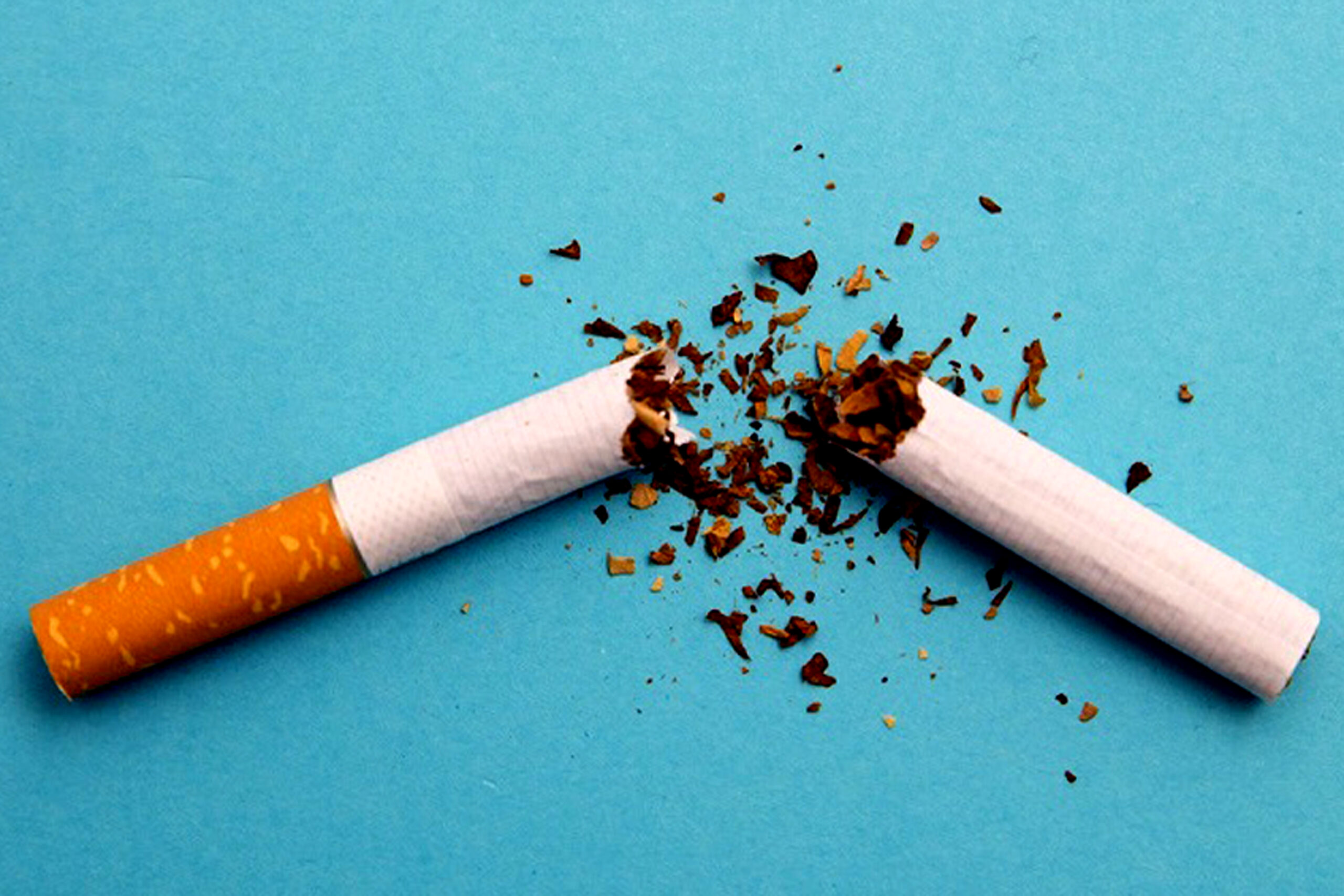Adolescence is a period of physical, psychological and socio-cultural transformation, but also of curiosity, experimentation and acquisition. It is unanimously recognized that the good habits acquired during adolescence have a chance to last a lifetime. On the other hand, risky behaviours acquired in adolescence are often difficult to change in adulthood. Smoking is one of these risky habits.
Burundi remains a fertile ground for tobacco consumption. Many children had become preys of tobacco industries. Other narcotics are used illicitly. Young people smoke it as if it were nothing. The question that arises, do these teenagers know well its short and long-term effects?
Apart from tobacco, they are addicted to other narcotics such as cocaine, cannabis, hookah hallucinogens and opiates. The latter qualify as illicit dredgers and who continue to rage for the health of Burundian adolescents.
Every day around the world, between 80,000 and 100,000 young people become addicted to tobacco. If current trends continue, 250 million children, who are alive today, will eventually die of tobacco-related diseases. Today, smoking is the single largest cause of preventable death in the world. In Burundi, about 65% of the population is under 25 years old. The latter are easy prey to cigarettes. This imported and locally manufactured product can be found in all corners of the country and sold at low prices. The young people who consume it abuse by obtaining extreme euphoria.
The major paradox; why are health specialists do not advocate for the lives of these young people when they know its effects? How can those harmful products be sold to young children? Who to blame? We are all irresponsible.
Causes are so different…
Grace H., student at Public Health National Institute in mental psychology faculty who carried an investigation for her research proposal, said that many street children told her that they smoke because of trauma, peer influence, ignorance, and so on. Young people who indulge in drug use expose themselves to the destruction of neural connections. This can lead them to drug addiction. Parents must check the behavioural and relational development of the child from an early age.
As we read in recent research report on the determinants of psychoactive substance abuse (PSA) among young people in the provinces of Bujumbura mayorship, Rumonge, Gitega and Ngozi; Aimable Barandagiye, national coordinator of Giriyuja, says that gender-related data, the age, the history of mental illnesses and the personality of the young people surveyed are factors related to the use of SPAs.
“The prevalence of SPA consumption is very high among young males than among young females. 55 per cent of young males surveyed consume SPAs while 23 per cent of young females surveyed consume SPAs. Many investigations were done to this issue. The results have proven that the large portion of SPA consumers is between 19 and 24 years old (60 per cent), an age considered as a school age. They are then forced to stop studying, get neglected by their families, and begin, then, the life of delinquency”, mentioned the national coordinator of Giriyuja.
Another scandalous case, young children under the age of 18 were found among SPA consumers. Evaluated at 37 per cent of all the young people surveyed, these children, for the most part, no longer live under the family roof.
Toxicomania, its perverse effects
The effects, risks and dangers of drugs vary according to the substances and the use made of them. Dr Patrick Rukundo, Program Manager in RNJ+, points that smoking and drug abuse have effects not only to the life but also to the society. He keeps on dividing them according to their ranks:
- Psychological risks: Difficulty concentrating, Memory problems, Distortion of the perception of reality, Nervousness, aggressiveness, Anxiety, depression, Risk of suicide.
- Risks of traffic accidents: Loss of alertness and reflexes, Disinhibition, Poor coordination of movements, etc.
- Physical risks: Deterioration of physical condition, Risk of transmission of the AIDS virus and hepatitis (sexual relations, exchange of syringes), Death.
- Social risks: Marginalization, Violence committed under the effect of a product, etc.
In case of repetitive use of substances, the pleasant sensations initially sought give way to anxiety, even to feelings of panic and loss of control of its consumption.
Can we live with a generation without tobacco? Yes but…
Everything starts by decision. The fight against tobacco is fought on several fronts. It notably involves smoke-free environments, strict regulations of tobacco products and vaping products, as well as cessation support for those who want to free themselves from their nicotine addiction. However, support for quitting smoking is less universal than one might think.
Read also this: Ubuzima bubi: Kimwe mu bituma abana baja mw’ibarabara no kunywa ibiyayuramutwe
Indeed, if the workers know how to help adults who wish to live without tobacco, they have few tools to lend a hand to teenagers. However, young Burundians who smoke or vaporize need a serious helping hand. The government and some NGOs that work for the children welfare should work in pairs by increasing some centres. Social ministers should apply and set the policy to those who dare to sell drugs to young children. Drastic measures can also be the best way to save the future generation. Everyone should know that selling any drug is illegal as the public health code stipulates: “The trafficking and use of narcotics are illegal. All drugs are dangerous and prohibited. Drug use has criminal consequences (Art. L. 623 to L. 630)”. And endangering others (exposing a person to the risk of death or injury by breach of a safety obligation) constitutes an offense (Art. 223-1, Book II).

